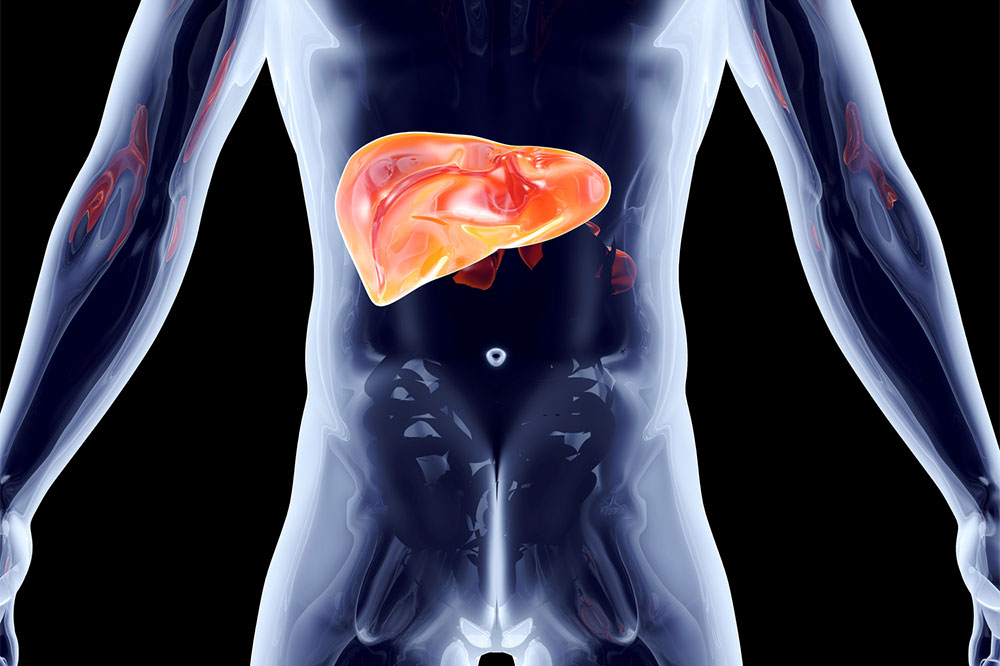4 ways to boost testosterone

Testosterone is a crucial male hormone for growth, sustaining sexual function, and fighting diseases. Low testosterone levels in an individual can point toward a host of debilitating health conditions and poor overall health. That said, quite a few natural remedies can help one maintain healthy testosterone levels. Natural ways to increase testosterone are always preferable to synthetic ones, as they don’t have extreme side effects and can be sustainable. Here are some ways to boost testosterone levels:
1. Adding onion and garlic to meals
Onion and garlic are beneficial foods that significantly improve a person’s libido. They also make great additions to recipes and enhance a dish’s flavor. Both of these foods have been medically found to increase the quality and quantity of sperm. Additionally, garlic and onions significantly increase testosterone levels. Onions and garlic are also rich in flavonoids, a compound that makes the body more resilient against external damage.
2. Increasing one’s daily protein consumption
Amino acids, which make up protein, are the body’s building blocks. Therefore, consuming protein strengthens the body and helps absorb and assimilate other vital nutrients. Protein has also been shown to increase testosterone levels. That said, the same nutrient, when consumed in very high quantities, especially when living a sedentary lifestyle, can reduce testosterone levels. So, it is vital to be mindful of how much protein one eats and how much of it one burns through regular exercise.
Quite a few foods are rich in protein and are easily accessible. Some of these include lean beef, chicken, some types of fish, eggs, Greek yogurt, tofu, lentils, and beans. When paired with rice, nuts, and seeds, they are great for those who want to boost their protein levels and, by extension, their testosterone levels. Ideally, one must try and consume at least 5 to 6 ounces of protein daily. The more protein-rich foods people eat, the more they help the body produce and maintain testosterone levels.
3. Minimizing stress and cortisol levels
Long-term stress has been known to increase cortisol levels, a hormone that triggers a fight-or-flight response in people’s bodies. Sudden elevations in the level of this chemical reduce testosterone levels. Generally, the quantity of cortisol is inversely proportional to the quantity of testosterone in a person’s body. To keep cortisol levels in check, people must also maintain stress levels in their bodies. This can be done by routinely practicing yoga, mindfulness exercises, and meditation daily.
4. Getting plenty of sleep
Sleep is vital for the body to function properly, and one must aim to get at least seven to nine hours of sleep. Sleeping very late or too little can put the body under stress, increase one’s cortisol levels, and affect libido. This is why one needs to honor one’s natural circadian rhythm. This is because testosterone levels rise when one is asleep. Research suggests that a lack of sleep or sleep deprivation can cause a significant decrease in testosterone production.






